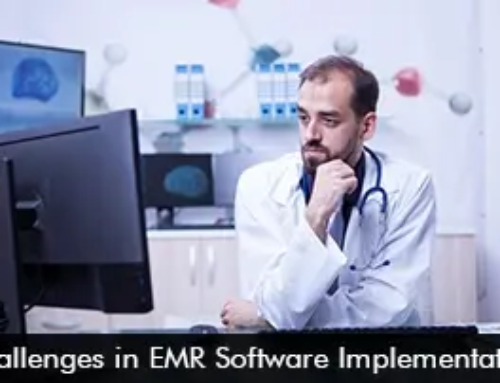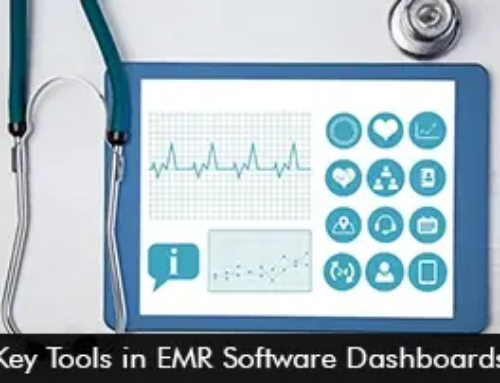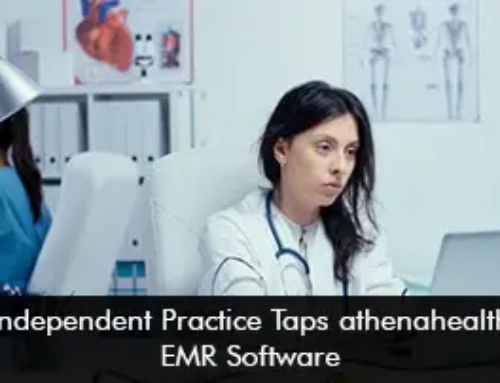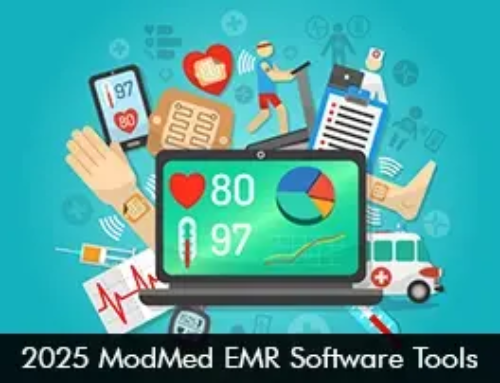Healthcare technology is facilitating healthcare providers in several ways by automating clinical, administrative, and financial workflows. However, some physicians struggle with their EHR software systems with all the documentation and workflow challenges. By optimizing Electronic Medical Records (EMR) software systems providers can benefit and not see the robust systems as a burden.
What is EHR software optimization?
Electronic Health Records (EHR) software optimization provides value to medical practices and healthcare organizations by refining the software system to serve the needs of individual practices for ultimate efficiency. EMR software optimization helps reduce the time physicians spend with their software by decreasing administrative burden, reducing the number of clicks, and adding features customized according to the clinician’s needs.
How can EHR software optimization enhance physician satisfaction and reduce burnout?
It is a sad reality that healthcare providers feel stressed and as a result, cause burnout which impedes the care delivery process of patients. Staff management and lengthy documentation tasks are some reasons that can add to the clinician’s load. Some EMR software features and tools may not seamlessly evolve into daily practice workflows, further putting pressure on the healthcare provider. In a survey conducted by Medscape 44% of physicians in the United States, have suffered from burnout.
Electronic Health Records software solutions must be optimized to effectively meet the needs of medical practice to bring about the right benefits. The functionality and interface can be designed and evolved to fit the physician’s preference perfectly. These software systems can further be improved by Artificial Intelligence (AI) which allows the EMR software to recognize speech and reduce the providers’ charting and documentation time which leads to enhanced efficiency levels. When the EHR software systems facilitate doctors to work easily and productively then automatically they can focus on their patients which leads to better patient outcome levels.
Why is an EMR software optimization strategy crucial for any practice?
If an EMR software solution is not meeting expectations and ROI goals then a practice needs an EMR software optimization strategy. When healthcare organizations don’t have a concrete plan in place then they can lose out on revenue and doctors will feel anxious with unproductive systems.
The EHR software optimization strategy should aim to enhance and improve the following areas education, customization, and governance. Education and training are crucial for nurses, medical staff, and providers to adjust the software system according to their needs. It is advised that medical practices go for a software system that can be easily personalized to meet specific requirements such as athenahealth software and Tebra EMR Software.
Final Takeaway
A one-size-fits EHR software solution may not do any good to practice as it may lack the specific functionality the medical practice requires. The features in the software should meet all specific operational goals. An EMR system that has customized features requiring minimum logins and clicks can be adopted more easily by staff members. This also improves provider satisfaction rates which can have a positive impact on the patient care process. We need to understand that technology can be molded to carry out specific tasks ultimately aiding the healthcare sector to perform better by streamlining daily tasks








